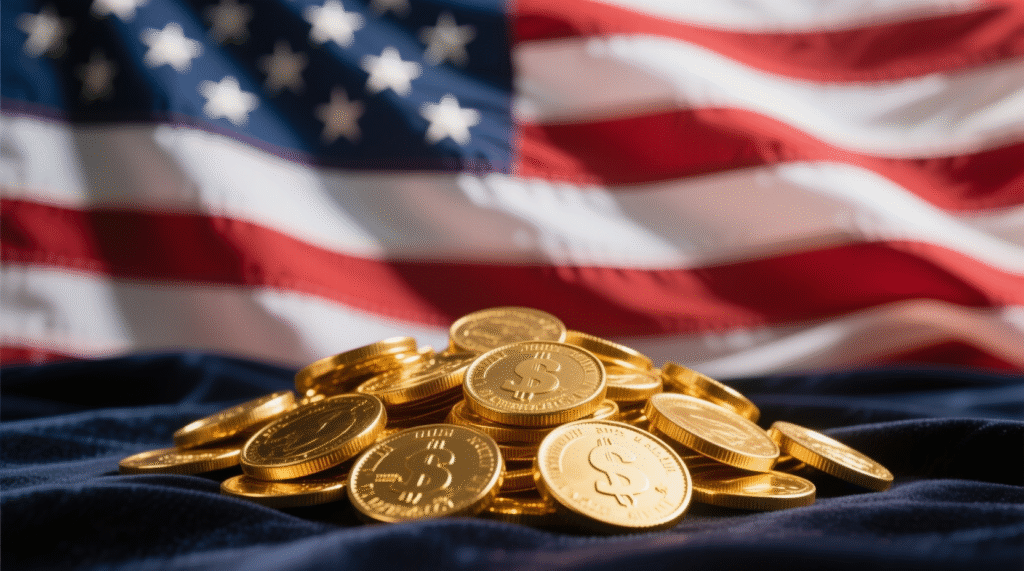Summary: Why are global regulators concerned about tokenized stocks?
Regulators warn that tokenized stocks can pose risks to investors because they don’t always provide the same rights as traditional shares, such as voting or dividends. They also caution that these products could harm market integrity if misrepresented as equivalent to real stocks. As a result, authorities are urging stricter oversight and clearer legal frameworks for these digital assets.
Global market regulators, including the World Federation of Exchanges (WFE), the European Securities and Markets Authority (ESMA), and IOSCO’s Fintech Task Force, have urged the U.S. Securities and Exchange Commission’s (SEC) Crуpto Task Force to tighten oversight of tokenized stocks, warning that the blockchain-based assets pose investor risks and threaten overall market integrity.
According to Reuters, the WFE raised concerns in a letter sent to three regulatory bodies, warning about the growing number of brokers and crypto platforms that are either already offering or planning to offer “so-called tokenised U.S. stocks.” “These products are marketed as stock tokens or the equivalent to stocks when they are not,” the letter stated.
The WFE did not identify the specific brokers or trading platforms in question. It warned that companies whose shares are replicated through tokenized versions could face reputational harm if those products fail.
Related: CFTC Opens Door for National Trust Banks to Issue Stablecoins
WFE CEO Nandini Sukumar told Reuters that the organizatiоn’s stance reflects the worries of market infrastructure participants аnd the wider financial industry. Sukumar added that several share issuers had voiced concerns directly to their respective exchanges.
Furthermore, the WFE emphasized that regulators should enforce securities laws for tokenized assets, clarify legal standards for ownership and custody, and ensure these tokens are not promoted as equivalent to traditional stocks.
Tokenized stocks are digital representations of traditional shares that exist on a blockchain. Each token mirrors the value of the underlying stock, allowing investors to buy, sell, and trade them on crypto platforms.
Related: Judge Allows Insider Trading Lawsuit Against Coinbase Execs
While they aim to offer easier access and faster settlement than traditional markets, tokenized stocks do not always provide the same legal rights as owning the actual shares, such аs voting or dividends, which raises сoncerns about investor protection and market integrity.
The rise of tokenized stocks spotlights the tension between innovation and investor protection, as regulators and market participants seek to balance new financial technologies with the stability and transparency of traditional markets.












